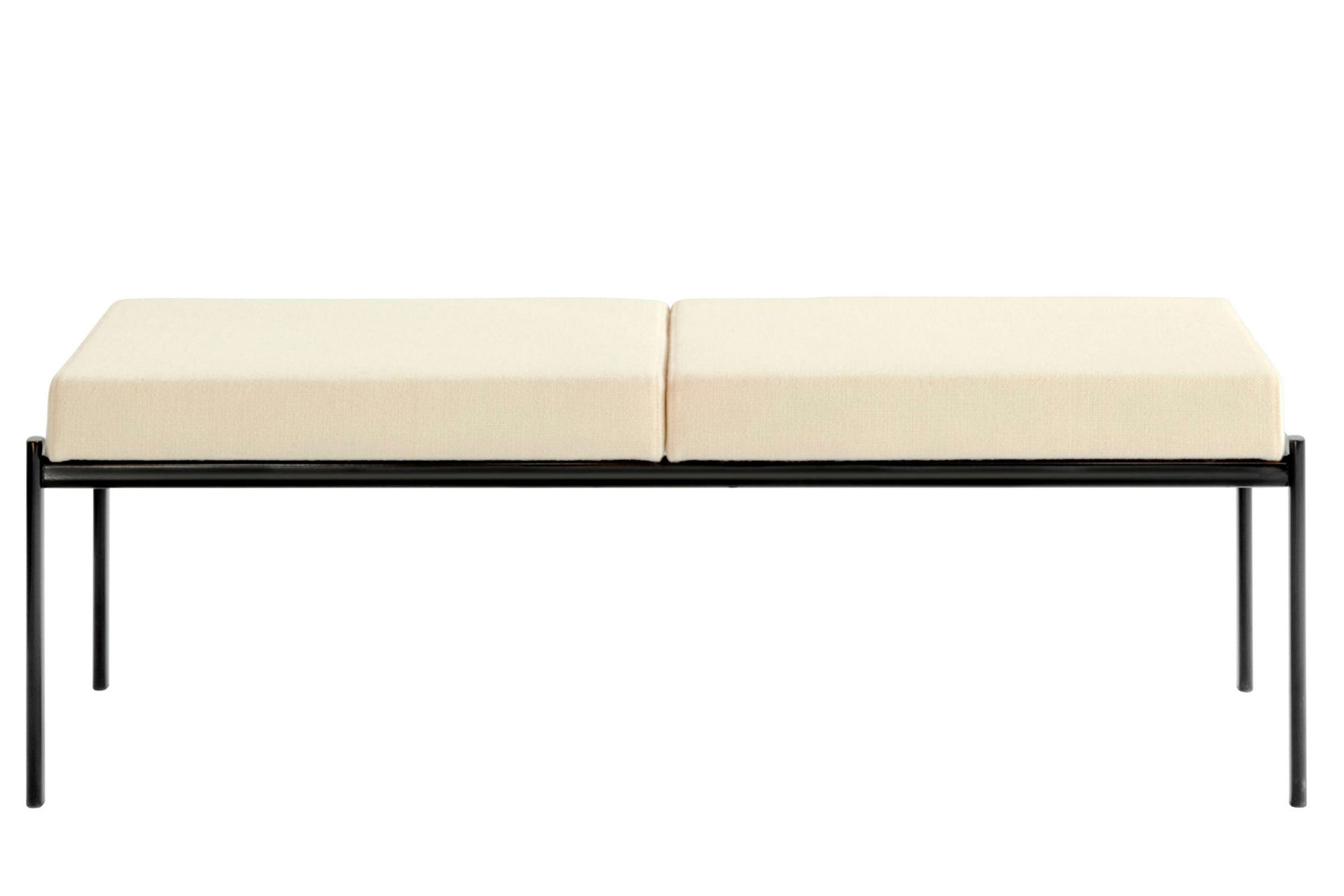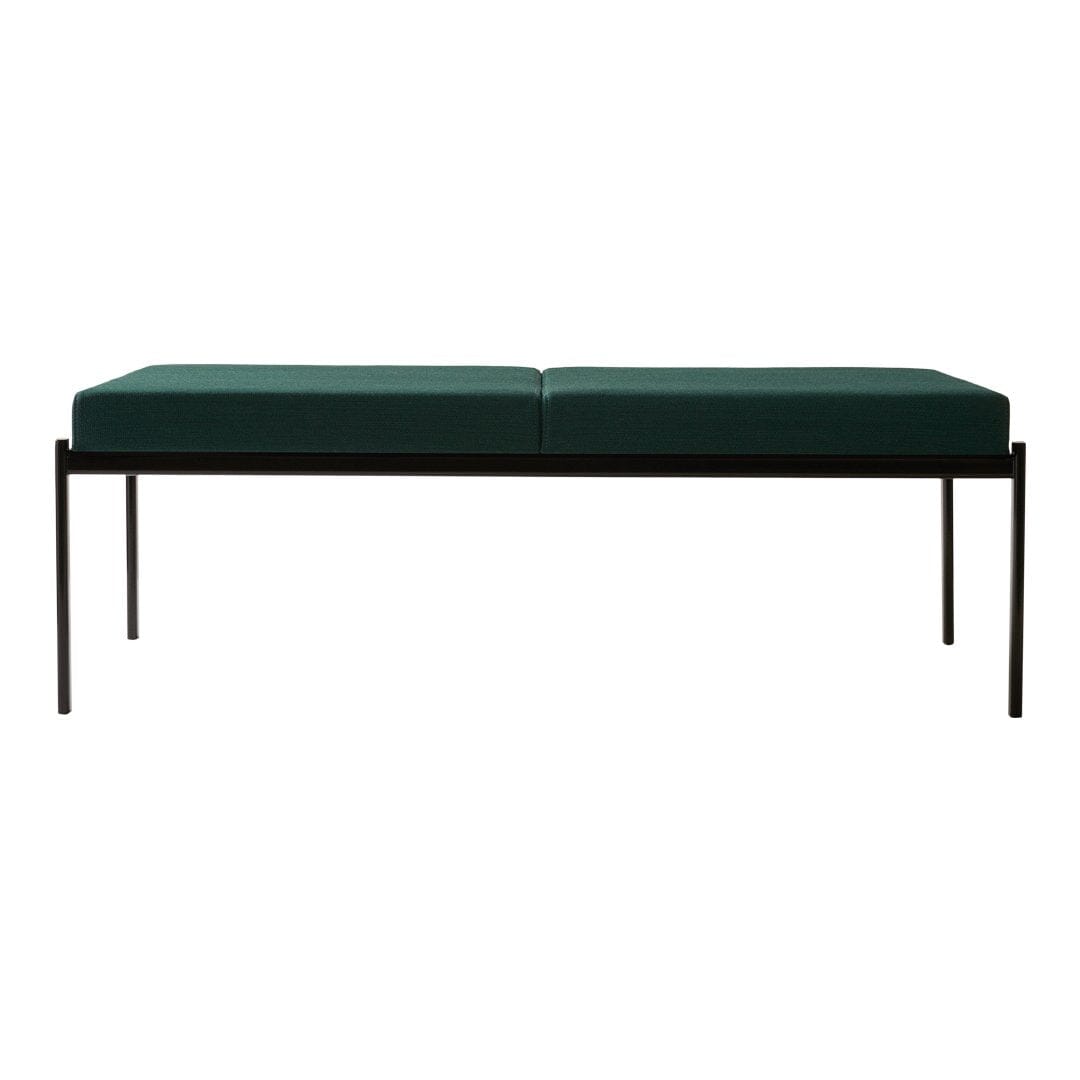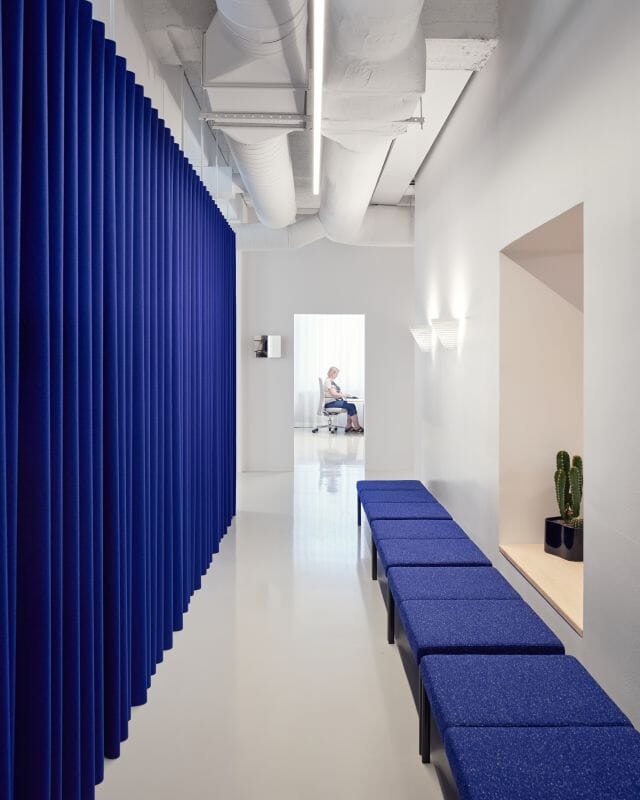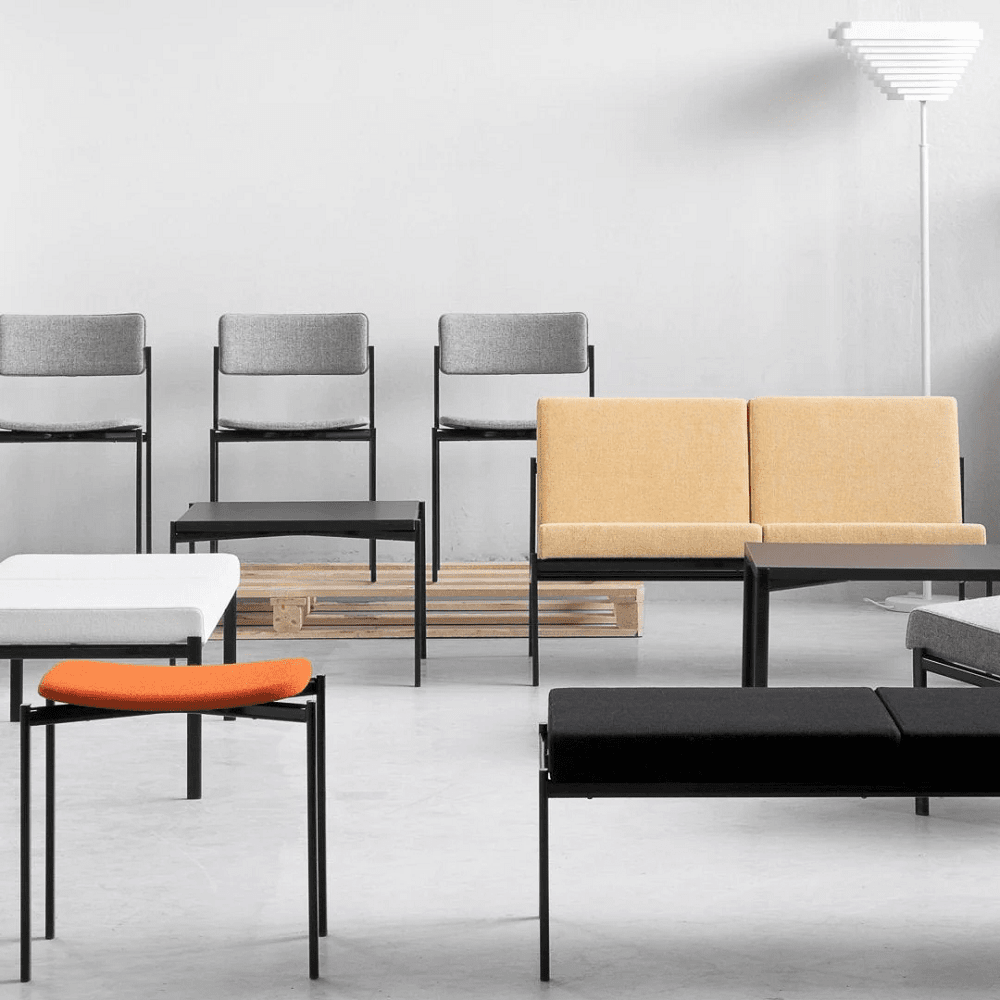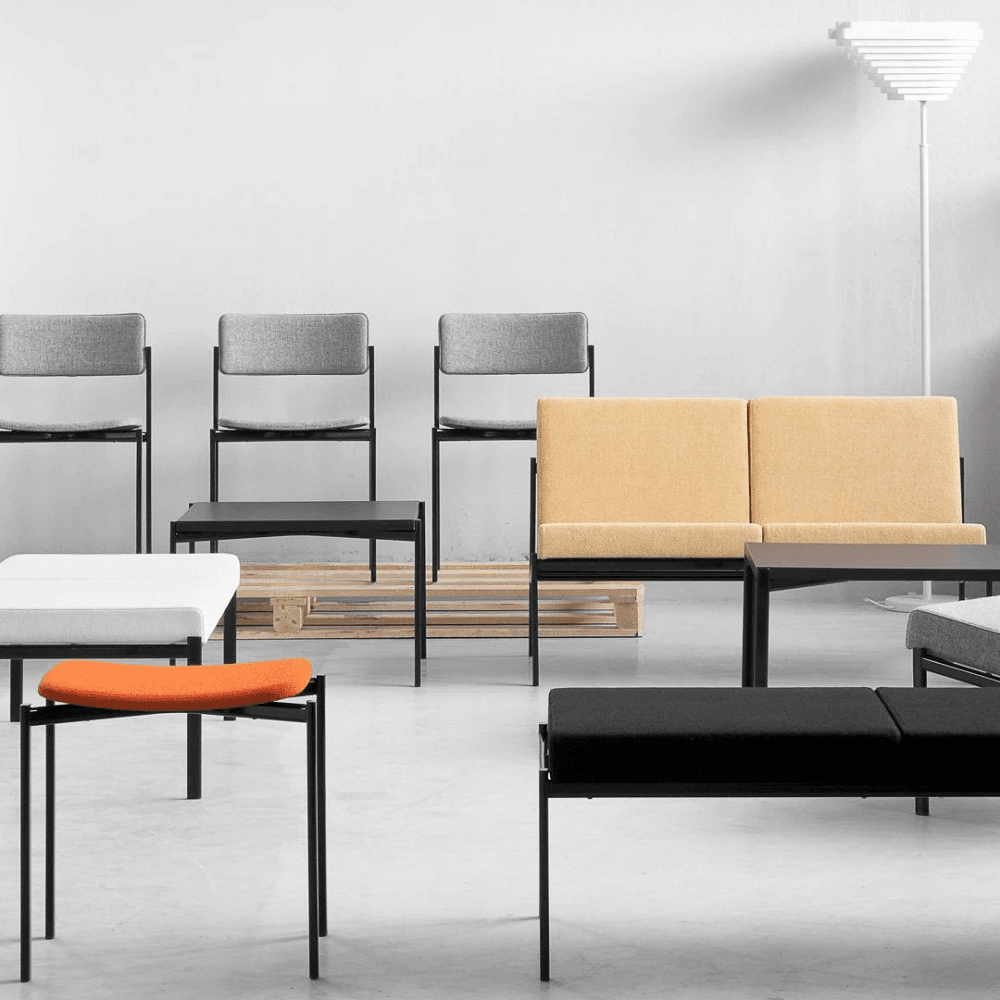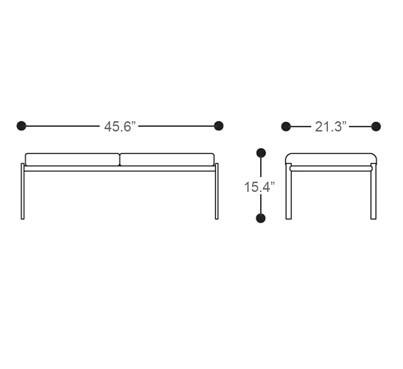800.605.1859 - FREE SHIPPING ON MOST ITEMS OVER $99.00
Accessories
lighting
Designers
- ACHILLE CASTIGLIONI
- ALBERTO MEDA
- ALESSANDRO MENDINI
- ALEXANDER GIRARD
- ALFREDO HABERLI
- ALVAR AALTO
- ANNA CASTELLI FERRIERI
- ANTONIO CITTERIO
- ARNE JACOBSEN
- BARBER & OSGERBY
- CARLO ALESSI
- CARLO MOLLINO
- CHARLES & RAY EAMES
- CHARLOTTE PERRIAND
- EERO SAARINEN
- EILEEN GRAY
- ENZO MARI
- ERNESTO GISMONDI
- ETTORE SOTTSASS
- ACHILLE CASTIGLIONI
- ALBERTO MEDA
- ALESSANDRO MENDINI
- ALEXANDER GIRARD
- ALFREDO HABERLI
- ALVAR AALTO
- ANNA CASTELLI FERRIERI
- ANTONIO CITTERIO
- ARNE JACOBSEN
- BARBER & OSGERBY
- CARLO ALESSI
- CARLO MOLLINO
- CHARLES & RAY EAMES
- CHARLOTTE PERRIAND
- EERO SAARINEN
- EILEEN GRAY
- ENZO MARI
- ERNESTO GISMONDI
- ETTORE SOTTSASS
sale
In-Stock Items
Kiki 2-Seater Bench
****Ship Within 16 Weeks****
*Quick Ship are Fabric Upholstered & Leather Upholstered. If QS color is out of stock customer will be notified within 2 business days. All other options ship in 16-20 weeks.
Design Ilmari Tapiovaara, 1960
Lacquered steel frame, birch plywood, PU foam & Dacron, upholstery
Made in Finland by Artek
Tapiovaara wanted to design inexpensive furniture for broader audience. He made use of materials that were readily available in Finland in the 1940s, such as solid birch. Later in the 1950s, he began to develop multipurpose chairs made of steel tubing and plywood.
Ilmari Tapiovaara designed Kiki in 1960. It was originally conceived as a chair whose stackability allowed it to be used to seat large groups, such as in auditoriums. In the Kiki series Tapiovaara employed a more clean cut design idiom instead of the more organic style he had favoured previously. Instead of wood, he chose oval steel tubing as the structural and unifying element of the whole Kiki collection.
Kiki was a success, establishing the current direction for furniture design at this time. Kiki’s timeless and elegant design idiom has made it one of the most popular pieces of public furniture in Finland.
2-seater bench: 45.6" w | 21.3" d | 15.4" h
Kiki 2-Seater Bench
****Ship Within 16 Weeks****
*Quick Ship are Fabric Upholstered & Leather Upholstered. If QS color is out of stock customer will be notified within 2 business days. All other options ship in 16-20 weeks.
Design Ilmari Tapiovaara, 1960
Lacquered steel frame, birch plywood, PU foam & Dacron, upholstery
Made in Finland by Artek
Tapiovaara wanted to design inexpensive furniture for broader audience. He made use of materials that were readily available in Finland in the 1940s, such as solid birch. Later in the 1950s, he began to develop multipurpose chairs made of steel tubing and plywood.
Ilmari Tapiovaara designed Kiki in 1960. It was originally conceived as a chair whose stackability allowed it to be used to seat large groups, such as in auditoriums. In the Kiki series Tapiovaara employed a more clean cut design idiom instead of the more organic style he had favoured previously. Instead of wood, he chose oval steel tubing as the structural and unifying element of the whole Kiki collection.
Kiki was a success, establishing the current direction for furniture design at this time. Kiki’s timeless and elegant design idiom has made it one of the most popular pieces of public furniture in Finland.
2-seater bench: 45.6" w | 21.3" d | 15.4" h
You may also like
Subscribe
Sign up to get the latest on sales, new releases and more …











